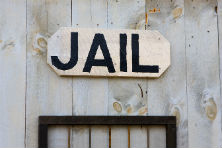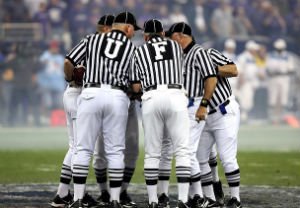Epic Games Uses Private Investigators to Locate Cheaters
dimanche 18 février 2018 à 20:31 Last fall, Epic Games released Fortnite’s free-to-play “Battle Royale” game mode for the PC and other platforms, generating massive interest among gamers.
Last fall, Epic Games released Fortnite’s free-to-play “Battle Royale” game mode for the PC and other platforms, generating massive interest among gamers.
This also included thousands of cheaters, many of whom were subsequently banned. Epic Games then went a step further by taking several cheaters to court for copyright infringement.
In the months that have passed several cases have been settled with undisclosed terms, but it appears that not all defendants are easy to track down. In at least two cases, Epic had to retain the services of private investigators to locate their targets.
In a case filed in North Carolina, the games company was unable to serve the defendant (now identified as B.B) so they called in the help of Klatt Investigations, with success.
“[A]fter having previously engaged two other process servers that were unable to locate and successfully serve B.B., Epic engaged Klatt Investigations, a Canadian firm that provides various services related to the private service of process in civil matters.
“In this case, we engaged Klatt Investigations to locate and effect service of process by personal service on Defendant,” Epic informs the court.
As Epic Games didn’t know the age of the defendant beforehand they chose to approach the person as a minor, which turned out to be a wise choice. The alleged cheater indeed appears to be a minor, so both the Defendant and Defendant’s mother were served.
Based on this new information, Epic Games asked the court to redact any court documents that reveal personal information of the defendant, which includes his or her full name.

This is not the first time Epic Games has used a private investigator to locate a defendant. It hired S&H Investigative Services in another widely reported case, where the defendant also turned out to be a minor.
In that case, the mother of the alleged cheater wrote a letter to the court in her son’s defense, but after that, things went quiet.
This lack of response prompted Epic Games to ask the court to enter a default in this case, which means that the defendant risks a default judgment for copyright infringement.
—
Epic’s declaration for the motion to seal the personal details of minor B.B. is available here (pdf). The request to enter a default in the separate C.R case can be found (here pdf).
Source: TF, for the latest info on copyright, file-sharing, torrent sites and more. We also have VPN discounts, offers and coupons

 There are a lot of things people are not allowed to do under US copyright law, but perhaps just as importantly there are exemptions.
There are a lot of things people are not allowed to do under US copyright law, but perhaps just as importantly there are exemptions. 

 While pirated Hollywood blockbusters often score the big headlines, there are several other industries that have been battling with piracy over the years. This includes sports organizations.
While pirated Hollywood blockbusters often score the big headlines, there are several other industries that have been battling with piracy over the years. This includes sports organizations.